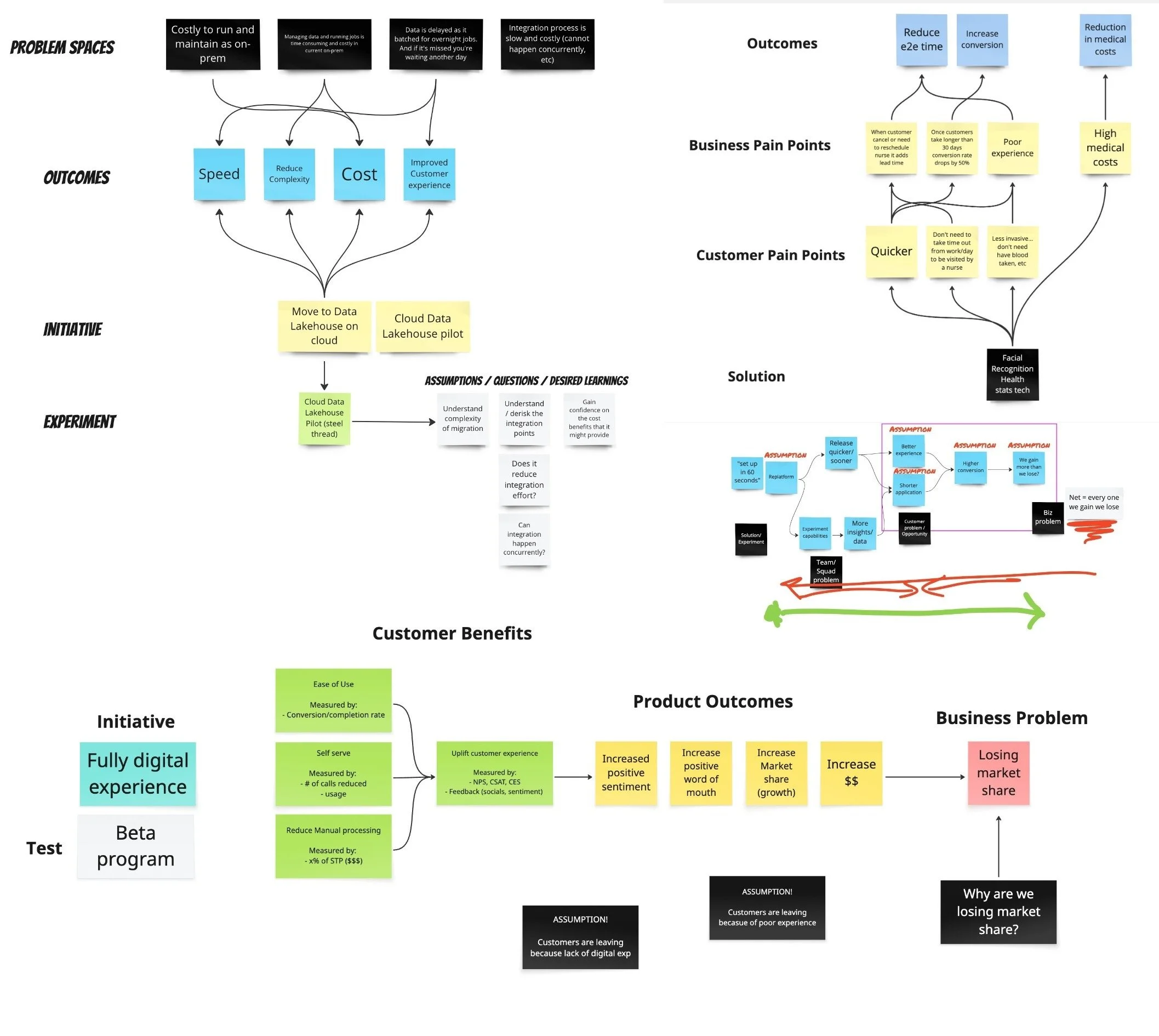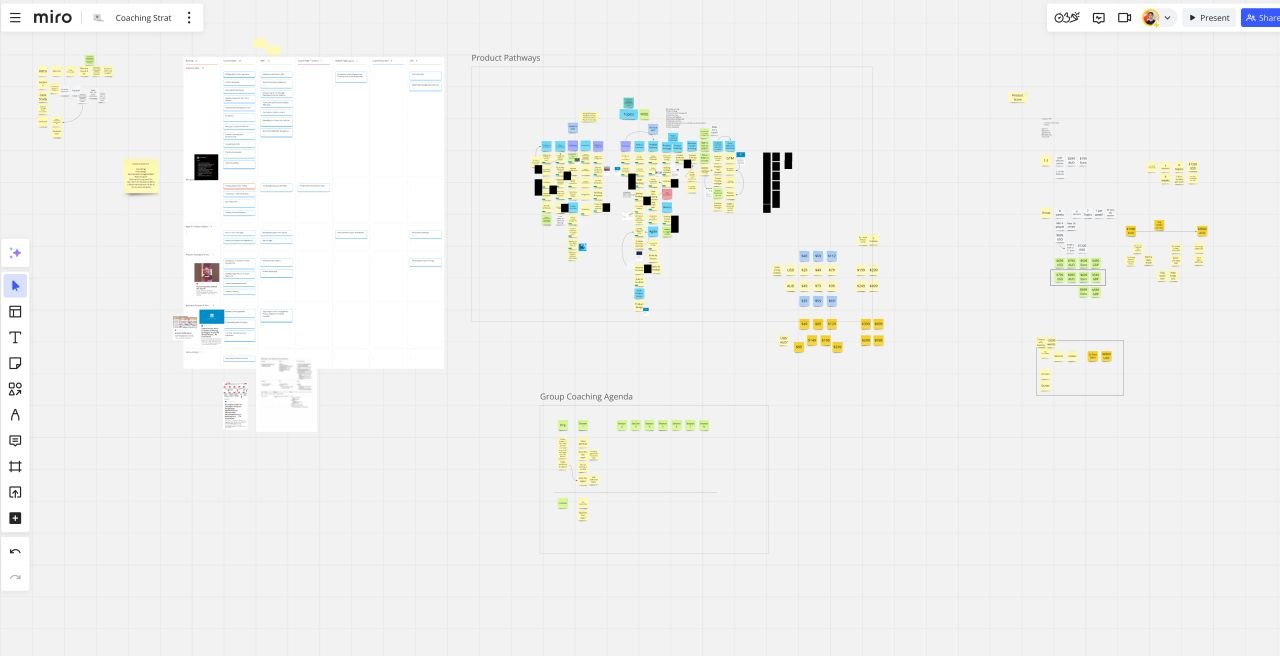“Leadership is Language”
"Leadership is language" - L. David Marquet
The words we use matter.
You may not think much of using terms like "resources" rather than "people" or "I" vs "we" but at a subconscious level these words start to infiltrate our minds. For both the person using them and those hearing it.
Perhaps you’re thinking, ‘I have tough skin’ or ‘I don’t mind when people use these terms’ but even if that’s true, that’s not the case for everyone and it sets a tone. It influences the fabric of culture.
As the old adage goes: "'Watch your thoughts, as they become your words; watch your words, as they become your actions."
Choose your words wisely
A great exercise you can do here, which I’ve done personally and regularly when I work with leaders, is to create a ‘green vs red list’.
The idea being:
Red list = words you will agree to use less often
Green list = words you will try to use more often
Photo of a ‘red’ and ‘green’ list that my colleague Stephen and I created with the leadership team we were working with at the time.Create this list, put it up on the wall and make a committed to change the way you speak.
This is exactly what this leadership team did (pic above). They made it visible for everyone to see and held each other accountable to it.
In every day conversation someone would correct them and say “don’t you mean, 'our team’?”
It may seem like a small thing or something that doesn’t matter but in my experience it does!
Culture reflects the things we say and do (as well as the things we don’t say and do). Therefore, if you want a great culture then your words need to align with the culture you want to create.
At the end of that day, that’s what leadership is - it’s leading by example!
If you’ve read this far, its worth reflecting:
How deliberate are you with the words you use?
What words/phrases can you commit to using less often?
And what about those you will commit to using more often?






